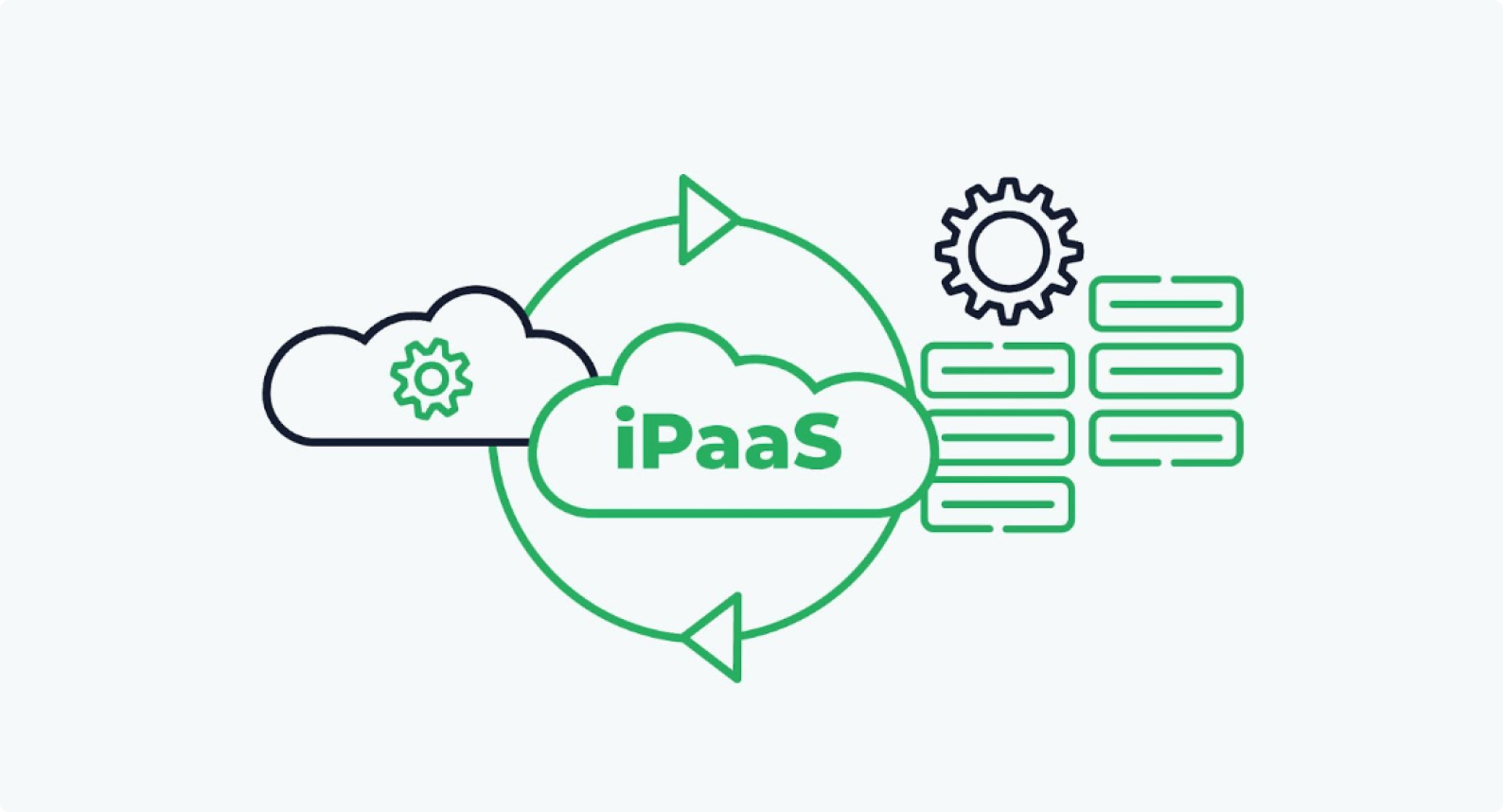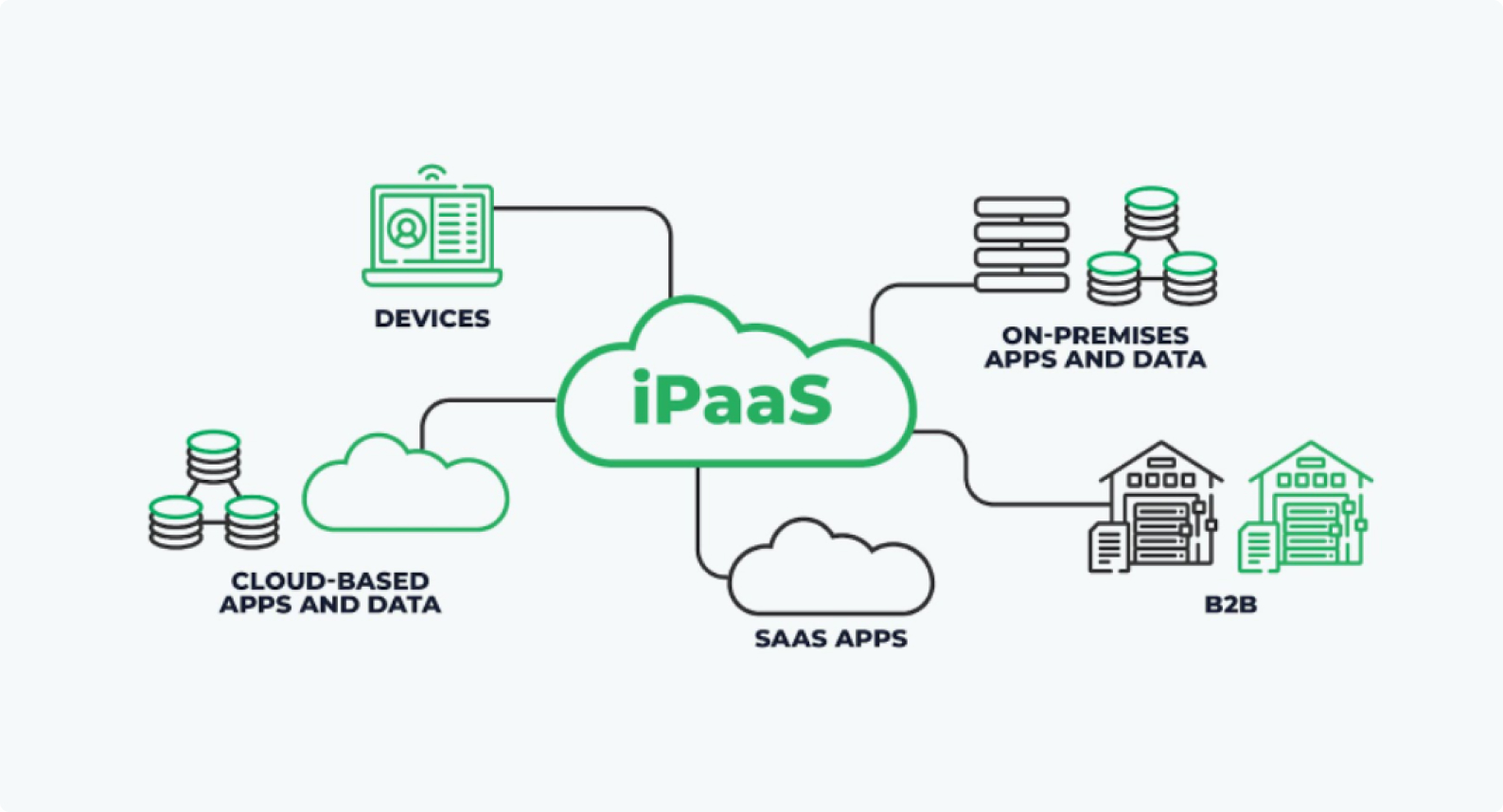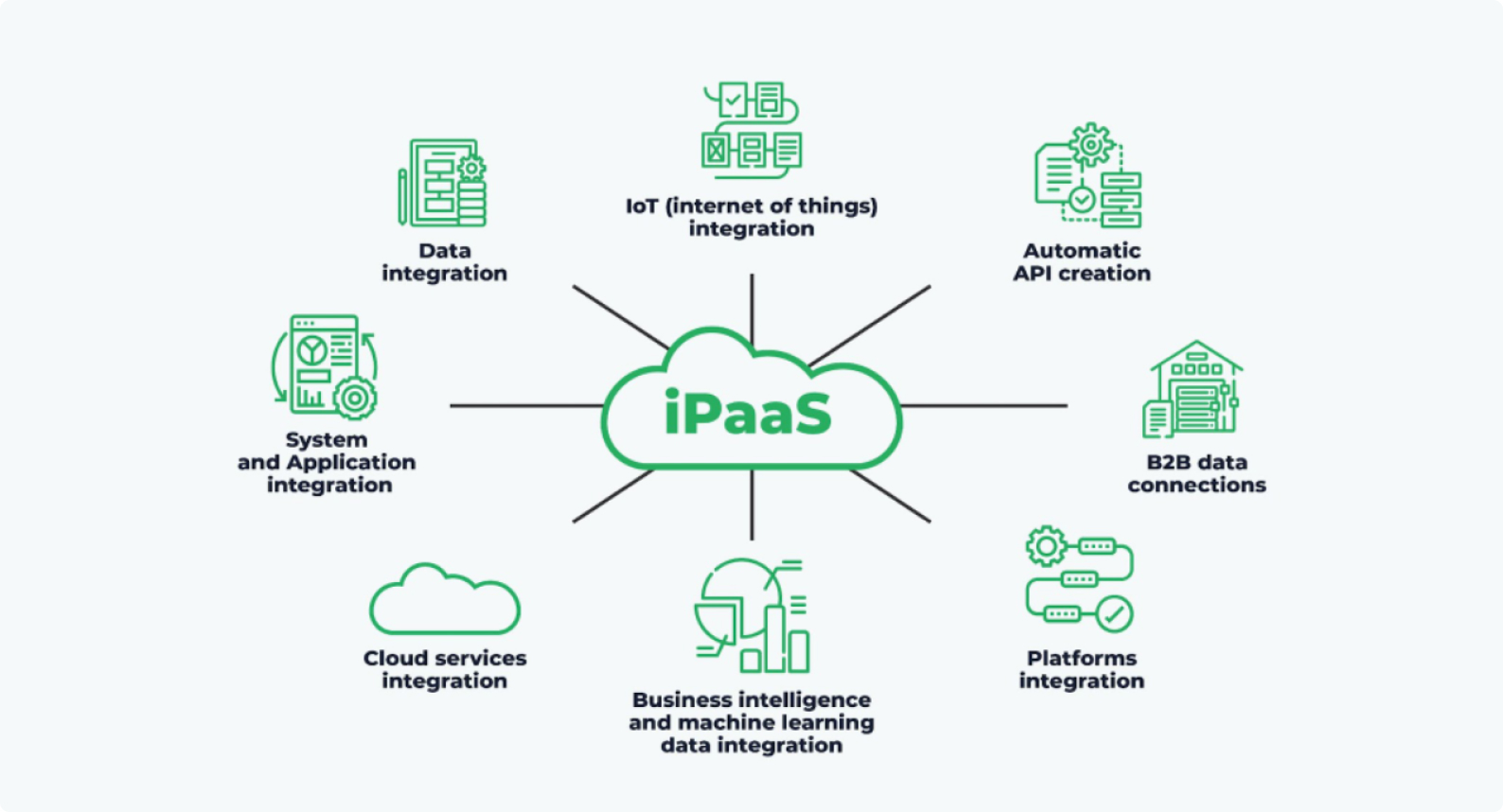What is RPA
Find out how robotic process automation technology works
RPA for MSPs
Learn how RPA enables MSPs to increase their value
History of RPA
Discover the history behind RPA, as we know it now
What is OCR
Unpack how OCR lets MSPs and their clients make digital transformation easier and more productive
What is iPaaS
Get a grip on what iPaaS technology does and how it can aid your MSPs and end clients with integration tasks
What is AI
Find out how AI technology functions and the numerous ways it can help your MSP and clients succeed
Platform Overview
ElectroNeek’s ecosystem from the bird’s eye view
Studio Pro
Integrated Development Environment to build RPA bots in no time
SaaS Orchestrator
A cloud tool to manage your automated workflows
MSP Toolbox
Explore the various great tools we provide to ensure your MSP and clients succeed
Bot Runner
Free to download app to run RPA bots
Community Forum
Get guidance from ElectroNeek users or share your own insights with your peers
Product Training
Learn how to build great automations with tutorials for beginners and experts
Case Studies
Learn the results ElectroNeek users achieve
API Documentation
Leverage the ElectroNeek API to build all possible integrations with any third-party system
Help Center
Find answers to the most common product-related questions
Security
Find out how we ensure your MSP’s data and information remains secure at all times.
What is an iPaaS or Integration Platform-as-a-Service
What is an iPaaS?
Let`s define what integration platform-as-a-Service is? iPaaS is a speedy and simple way to move/copy/replicate data between apps into the cloud and on-premise environments. There is no need to install/buy/manage any hardware or software as an IT provider will host and manage it.

iPaaS helps companies automate and simplify integration tasks and connect apps and data in any environment. iPaaS solutions offer simple development environments, pre-packaged integrations, and API management capabilities. This efficient data integration makes these solutions less expensive and accessible to non-technical resources.
iPaaS is like a software-as-a-service offer but inherits all the features of the cloud. The key element of iPaaS can be found in the abbreviation.
iPaaS connects with leading platforms like Microsoft Azure, AWS, Google Cloud, or a locally hosted one. The iPaaS solution is easily manageable. It can host a variety of on-premise and cloud-based applications without any delay and data loss.
iPaaS is a platform to pool software and cloud applications easily. It reduces the total cost of ownership and network overhead by combining services and tools in a service-oriented architecture. It is also a responsive ecosystem with all tools and systems connecting to improve workflows and business processes efficiency.
iPaaS is purpose-built, meaning the iPaaS vendors offer suitable solutions depending on a business integration needs (short and long term). Companies can benefit from the convenience, speed, and cost-effectiveness of the cloud via iPaaS to develop, test and deploy applications. The vendor will manage and maintain these applications.

With iPaaS, you can run integration flows and manage integrations` lifecycle and development without needing your IT department. An iPaaS is ideally suited to complex hybrid and multi-cloud environments.
You can also say an iPaaS is a suite of cloud-based tools to connect applications deployed in different environments.
So, how do companies use it?
Companies use iPaaS cloud services to simplify their business processes and overall systems. iPaaS is a centralized platform to integrate applications and data between clouds or between traditional apps and the cloud.
Integration platform-as-a-service (iPaaS) is offered as a SaaS. Your clients will subscribe, select the services and tools they require, set up and automate integration between apps. There is no need to worry about security, updating new features, hardware maintenance, software patches, or data governance. An IT service provider handles this for them, fortunately.
They can either choose a pay-as-you-go rate or settle for a monthly fee, just like SaaS applications. Their IT provider will be responsible for configuring the settings or rules for different connections on the iPaaS platform. Once everything is set up, your clients can view, modify, and manage the data, infrastructure, and operations.
iPaaS is considered among the best integration solutions for hybrid and multi-cloud environments. You can use iPaaS for:
IoT (internet of things) integration
Data integration
System and Application integration
Cloud services integration
Automatic API creation
B2B data connections
Platforms integration
Business intelligence and machine learning data integration

The best way to understand how iPaaS can benefit your business is to see its best integrations in action:
If you use WooCommerce, Shopify, or other software, save time and reduce errors by syncing your customers` data with other apps.
For instance, you can connect the E-commerce platform with accounting software, let`s say FreshBooks or QuickBooks. You can sync data like tax information and details of purchases, so these reflect accurately on both applications.
Businesses use various marketing apps and CRMs to gain a comprehensive overview of their contacts/leads and customers. They record and store clients` data in multiple databases, and the team constantly moves between these to access clients` information.
iPaaS brings all these apps together so your team can access the data easily from one place. You can sync Salesforce, Gmail, Trello, Monday, and other apps and manage your leads easily.
Do you want to deliver consistent and excellent customer experiences? Your support team probably needs updated and complete information to offer seamless service.
iPaaS can be their secret weapon for your customer support team. Your team will have a 360-degree view of customers and be better positioned to respond to customer queries.
Is Business process automation similar to iPaaS?
Business process automation (BPA) is a way to use iPaaS; an iPaaS can serve to achieve BPA. It is used in marketing, HR, sales, accounting, and IT departments to make their processes fast and efficient.
BPA automates repeatable tasks and workflows, and companies deploy BPA solutions to achieve efficiency and error reduction in processes. You can consider iPaaS as a smart BPA platform to integrate multiple business apps.
What are the benefits of iPaaS
It is scalable and flexible to include highly variable workloads.
It is accessible from anywhere. You just need an internet connection to use its web interface.
It allows access to information in real-time.
There is no need to install software or acquire a server.
It enables you to connect apps and data from cloud and on-premise environments.
Businesses save money on infrastructure maintenance, upgrades, and licenses.
Do my Clients’ businesses
need an iPaaS?
Yes, they need an iPaaS if they want to:
Exchange data both internally and externally within their companies.
Abandon isolation of applications and data.
Favor automation of business processes.
Need an ideal integration of services to access data from different sources in real-time.
Reduce their dependence on their IT teams for business-critical information.
Accelerate their time to market.
iPaaS connects cloud-based or on-premise technologies, systems data, and applications.
It can help you attain your digital transformation goals affordably.
Its base advantage is its low-code nature. You don`t need any dedicated hardware or software tools. Even non-technical personnel can use it.